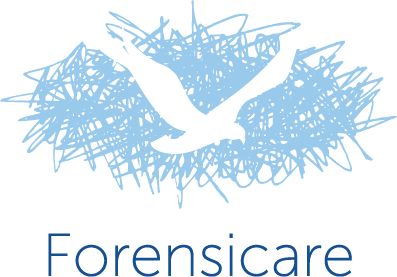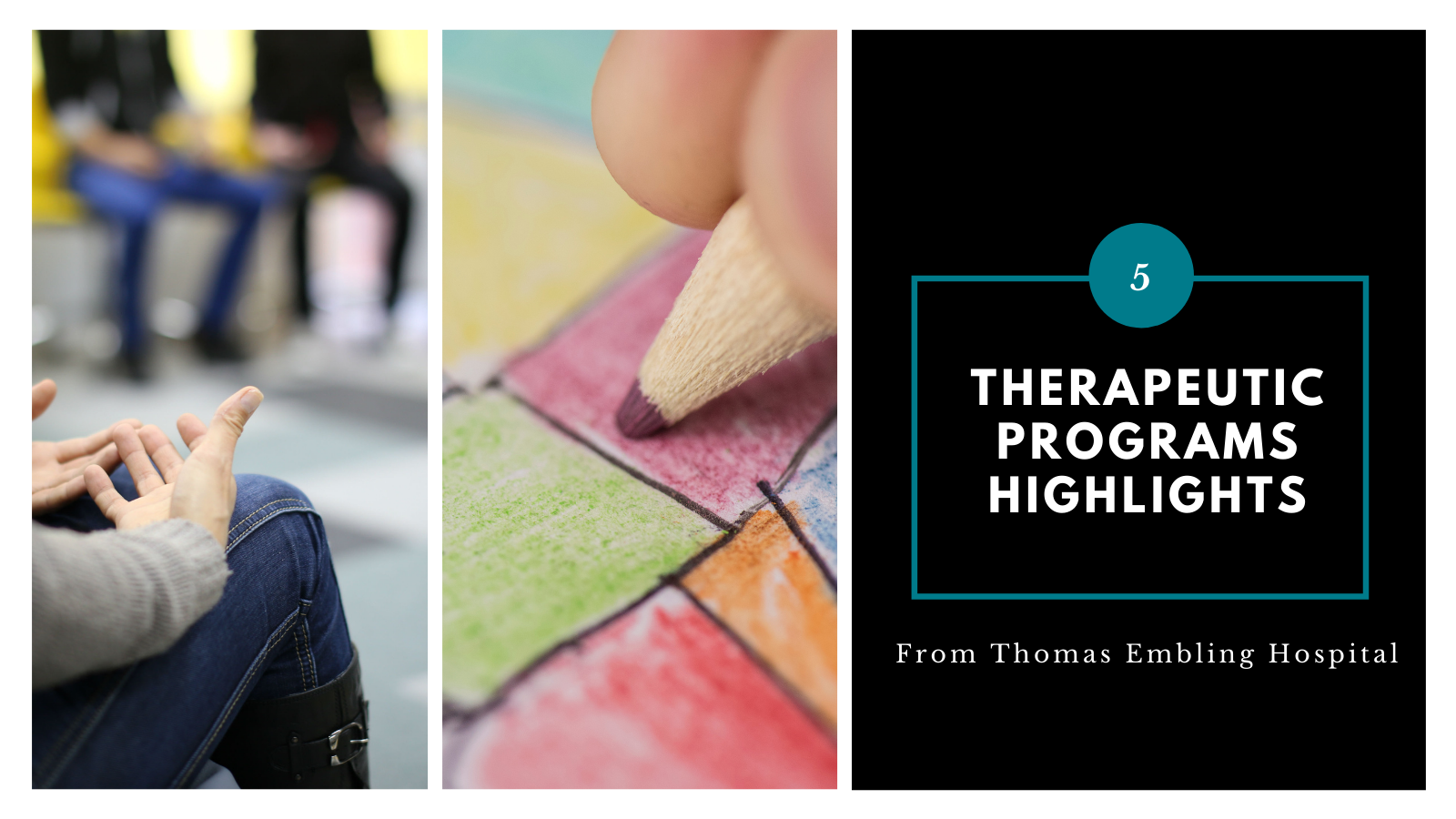Celebrating the success of our therapeutic programs at Thomas Embling Hospital
Even during a pandemic, the therapeutic programs at Thomas Embling Hospital have been supporting consumers with their recovery journey.
Therapeutic programs at Thomas Embling Hospital
Every year, Thomas Embling Hospital clinicians and staff facilitate and organise a range of therapeutic programs to support consumers on their mental health recovery.
The programs focus on different skills and supports to help consumers with an identified need or goal for their rehabilitation.
“Therapeutic programs empower consumers,” said Therapeutic Programs Assistant Aimee Bingley.
“Not just in their recovery, but in their future planning too. If it’s communication skills, confidence building, goal setting, physical health, mental health or coping with anxiety, the programs are there to build skills, educate, and engage.”
Programs can be tailored interventions for individuals or groups, based on discussion and agreement between consumers and staff. With support from facilitators and their treating team, consumers learn new skills, gain insight into their illness, address behaviours, and build meaningful connections, with clear pathways on progress and recovery.
The Therapeutic Programs Report
Our therapeutic programs team recently released their Therapeutic Program Report for July 2019 – October 2020, which gives an overview of the programs we run, as well as noting highlights.
Since 2020’s been a year of challenges, we’re sharing a few of our most impactful therapeutic programs with you.
Gateway to Recovery program
This is an introductory group targeted at patients who are transitioning from acute to sub-acute, as well as those who are in sub-acute care who are ready to start group interventions for recovery.
In this program, consumers gain insight into their illness to recognise changes, learn self awareness, and what it means to be a forensic patient, as well as how to engage in their own mental health recovery journey.
One consumer who participated in this group said their participation was very beneficial to their recovery, and said: “I have more insight into my situation than I thought.”
Eight participants engaged in the first group of the year, with the second cohort now in session.
Phoenix program
The Phoenix program is a more intensive group program to help consumers understand their illness, develop coping mechanisms, focus on relapse prevention and offending behaviours, as well as developing goals for the future.
Afternoon Doodling Art Therapy
When art therapist Abigail Reisner began her role at Thomas Embling Hospital at the start of 2020, she wasted no time in getting this group up and running.
The group provides a way for patients to engage with creativity, allowing them to work through things they may not be able to with words alone. Through this group, they also develop social and communication skills, and are able to experiment with new art materials and techniques, while supporting their mental health and social connections. Art therapy has many valuable impacts on mental health recovery, including improving self-esteem, managing anxiety and other emotions, and much more.
One participant, as a result of their involvement in the group, noted: “I can become in touch with how I’m feeling.”
Helping Men Recover
This 18-session intensive group for treating addiction ran from February to August 2020. Facilitated by a Thomas Embling Hospital social worker, three consumers successfully completed this group. It comprises of four modules that emphasise the core areas of men’s recovery: self, relationships, sexuality and spirituality.
Participants praised the group, with one stating while at times the sessions were intense, they allowed for “deep, confronting healthy thinking” and allowed them to learn many new things.
Healthy Habits, Healthy Me
The Healthy Habits, Healthy Me group ran in June 2020 for the first time. The project was a collaboration between HealthStream (who manage the hospital’s gym for staff and consumers), the occupational therapy team, and the dietetics team.
Eleven consumers participated in the twice-a-week sessions, and were encouraged to attend the three group exercise circuits that regularly ran.
Consumers noted an improvement in their health, with one stating: “My food quantities have reduced (lower amount of carbs), [and I] feel healthier overall. [My] overall eating became healthier, [I’m] drinking more water, and able to read food labels [while] increasing my physical activity.”
A big thank you to all our staff who have assisted in our therapeutic programs over the last 12 months. Your work truly makes a difference.
Looking for a rewarding career in mental health? Check out our Work With Us page today!





